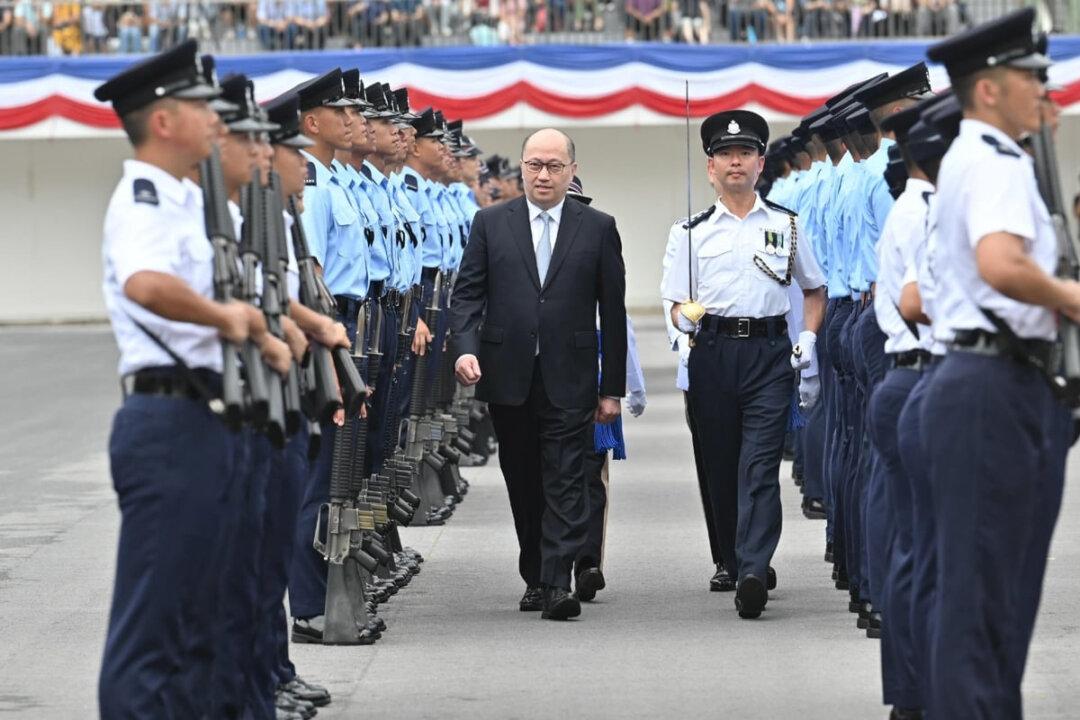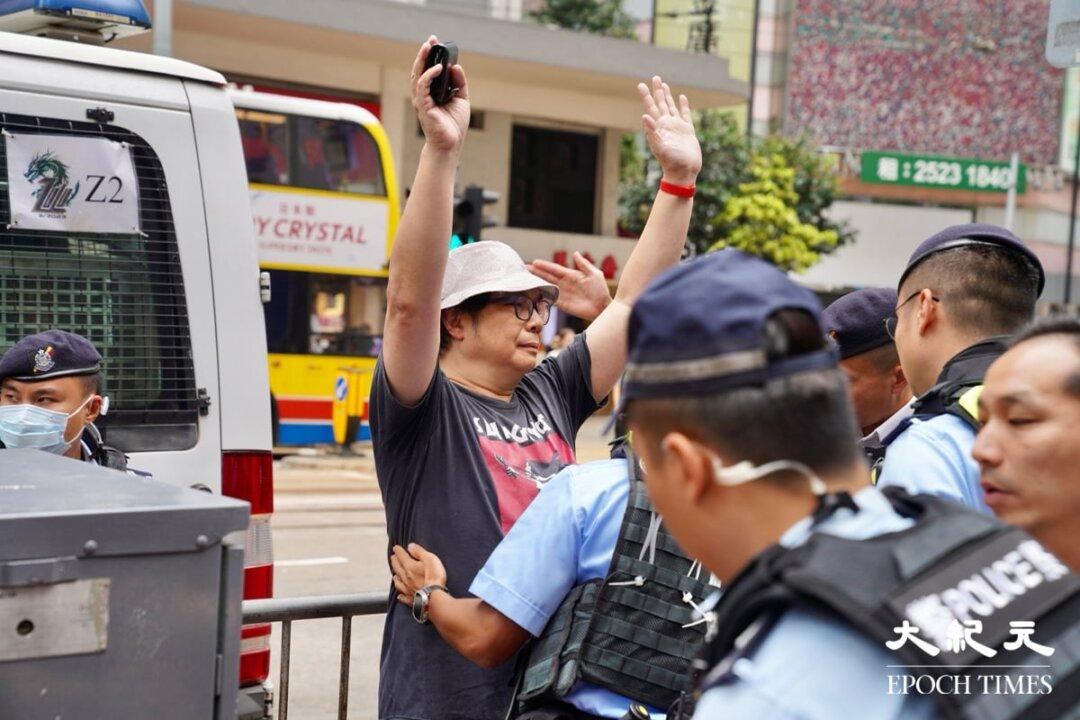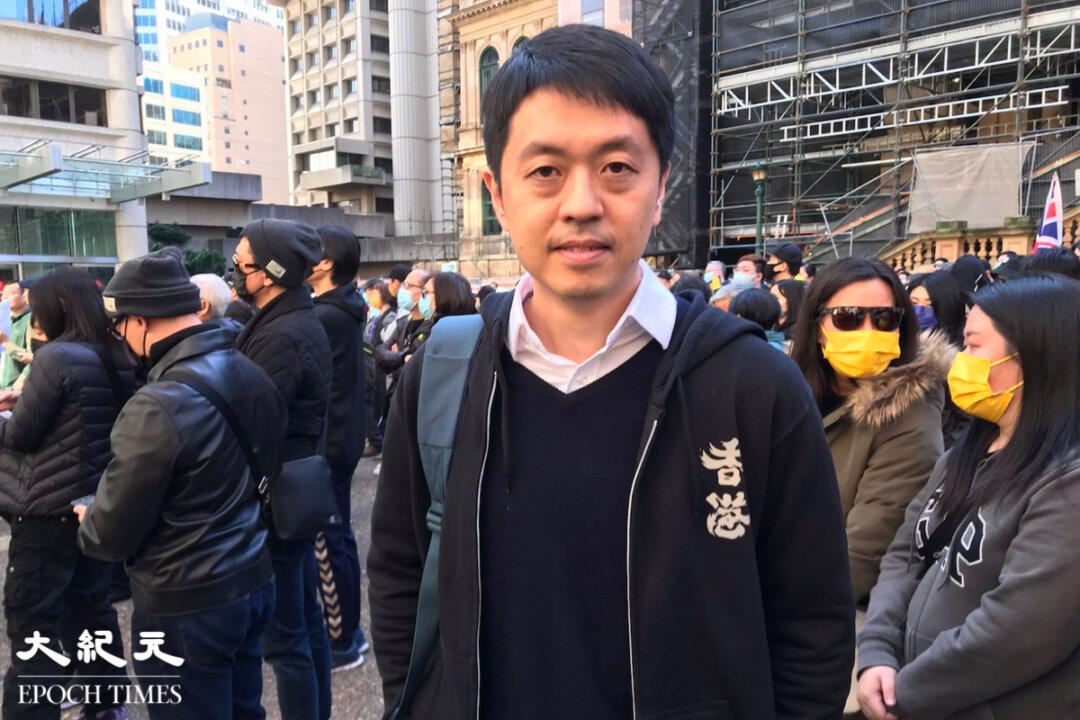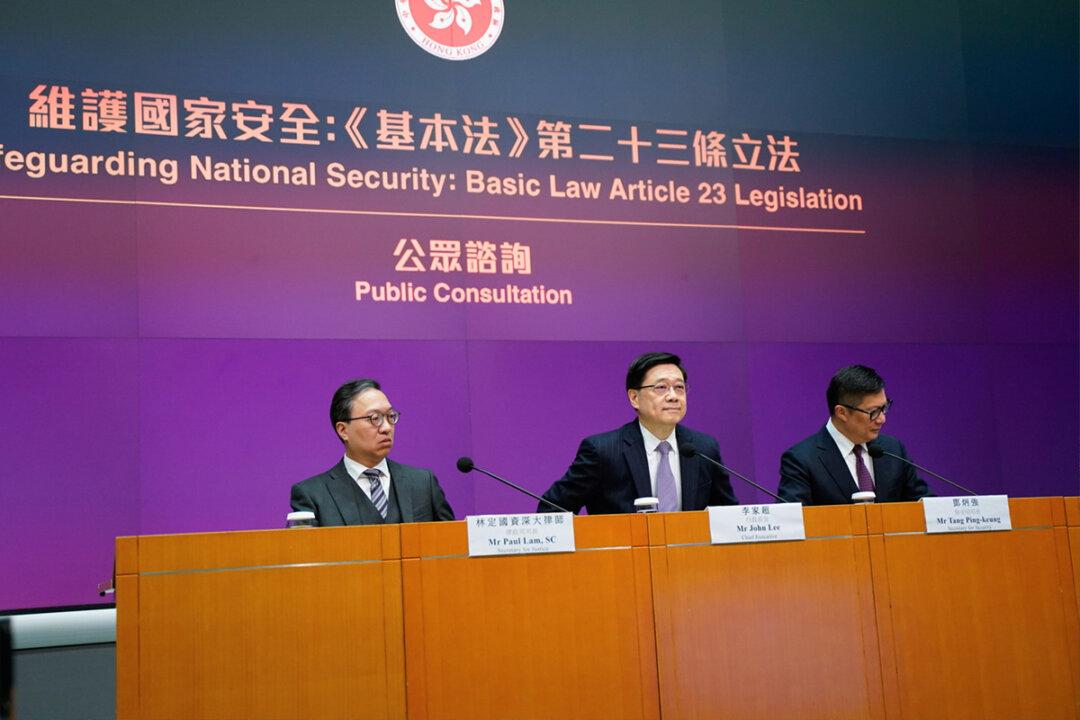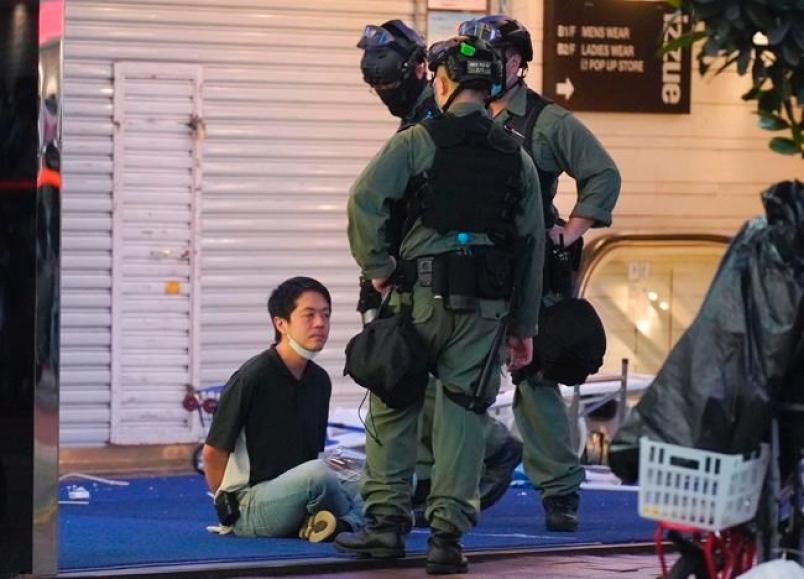Zheng Yanxiong, Director of the Liaison Office, served as the reviewing officer at the Hong Kong Police College graduation ceremony on Sep. 16, marking the first time the Director of the Liaison Office presided over such an event. Veteran media analyst Ng Chi Sum suggests that the Chinese Communist Party (CCP), considering the importance of maintaining control through both “the gun” and “the pen,” particularly values disciplinary forces, especially the police. This could signify that the Liaison Office has “taken over” the Hong Kong police.
During the ceremony, Mr. Zheng repeatedly mentioned national security and claimed that “anti-China troublemakers” and “external forces” attempted to undermine Hong Kong’s development. He described the Hong Kong police force using phrases like “a loyal and brave force” and “a civilized force.” It’s worth noting that Zheng Yanxiong was appointed as the Director of The Office for Safeguarding National Security of the CCP in Hong Kong in July 2020 and took over as Director of the Liaison Office from Luo Huining in January of this year.
